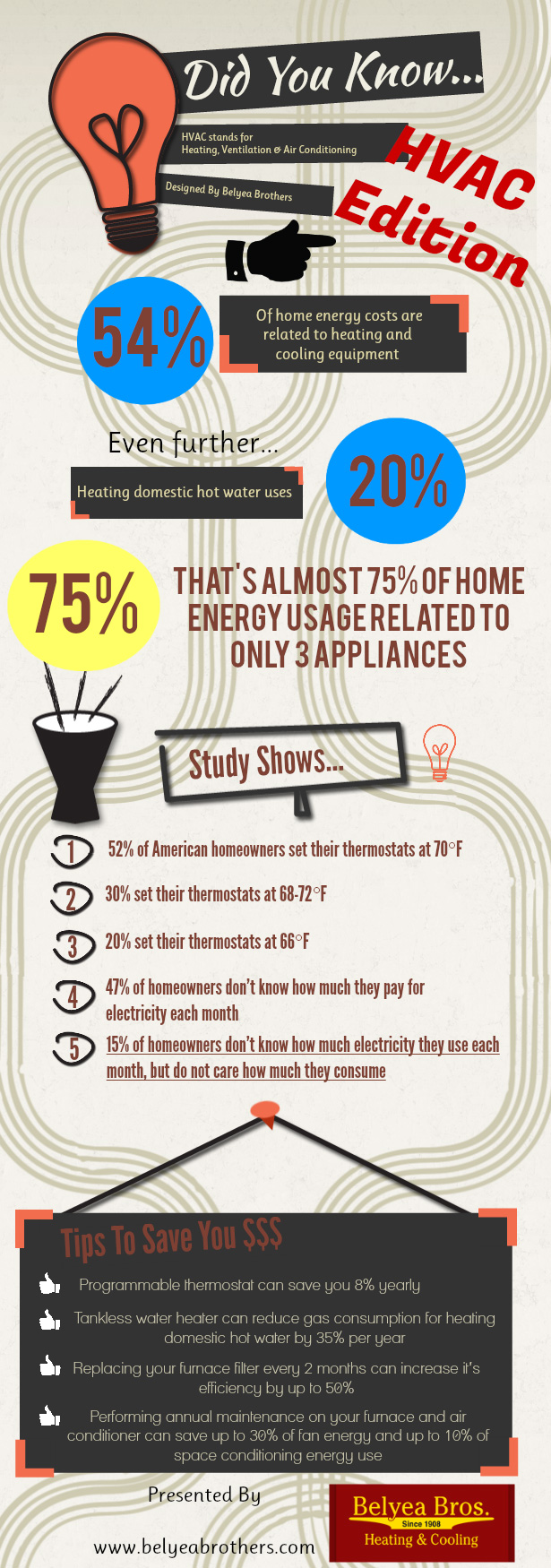The Influence Of Weather On Heatpump Performance And Methods For Improvement
The Influence Of Weather On Heatpump Performance And Methods For Improvement
Blog Article
Content Develop By-Jacobs Sahl
When it concerns your heatpump, weather plays a vital function in its performance. From freezing temperatures to sweltering heat, each element can impact exactly how efficiently your system operates. Yet what can you do to fight these weather-related obstacles and ensure your heatpump is working at its best? Remain tuned to uncover practical pointers and strategies to maximize your heat pump's efficiency, no matter the weather conditions it faces.
Climate Factors Impacting Heatpump Effectiveness
Weather factors have a considerable influence on the effectiveness of heatpump. One important element is temperature level. Heatpump function by transferring warmth from outside to inside throughout winter months and vice versa in summer season. As Related Site , it becomes harder for the heat pump to extract heat from the outside air, reducing its efficiency.
Another crucial element is moisture. High humidity levels can make it extra difficult for the heat pump to launch heat throughout the cooling process.
Additionally, wind rate plays a role. Strong winds can dissipate the warm absorbed or launched by the heat pump, affecting its total efficiency.
Tips for Optimizing Heat Pump Efficiency
To enhance the performance and durability of your heat pump, executing a few vital techniques can make a substantial distinction in its efficiency.
First of all, make sure regular maintenance by cleaning or changing filters every 1-3 months to stop airflow clogs and make the most of air flow. Furthermore, timetable yearly professional evaluations to identify and address any type of prospective problems beforehand.
Optimal thermostat setups likewise play an essential duty. During the winter, aim for a temperature level setting that's as reduced as comfortable, and throughout the summer, established it as high as comfy to lower the work on your heatpump. Using a programmable thermostat can aid you immediately adjust settings based on your timetable.
Furthermore, securing leakages in ductwork and shielding air ducts in unconditioned rooms can prevent power loss and improve general system effectiveness.
Finally, take into consideration mounting a clever thermostat that can discover your routines and adjust setups appropriately, further enhancing your heat pump's efficiency. By adhering to these pointers, you can guarantee your heatpump operates successfully and properly throughout the year.
Best Practices for Weatherproofing Your Heatpump
For ideal efficiency and effectiveness of your heat pump, applying weatherproofing procedures is vital. Beginning by sealing any spaces or cracks around doors, home windows, and ductwork to prevent heat loss and preserve a constant indoor temperature level.
Shield exposed pipelines and air ducts to stop cold during cold weather and guarantee appropriate air flow. Take into consideration setting up a safety cover over the exterior device to shield it from harsh weather elements like snow, ice, and particles.
On a regular basis clean the outside system to get rid of dirt, leaves, and debris that can obstruct air movement and decrease performance. Additionally, maintain the area around the heatpump free from snow, ice, and plants to permit appropriate ventilation.
Final thought
Now that you comprehend exactly how weather influences your heatpump efficiency, you can take positive actions to optimize its efficiency. By complying with click this link now outlined in this article, such as normal maintenance, thermostat modifications, and weatherproofing measures, you can make certain that your heatpump operates at its ideal no matter the weather. Remain successful and maintain your home comfortable throughout the year.
